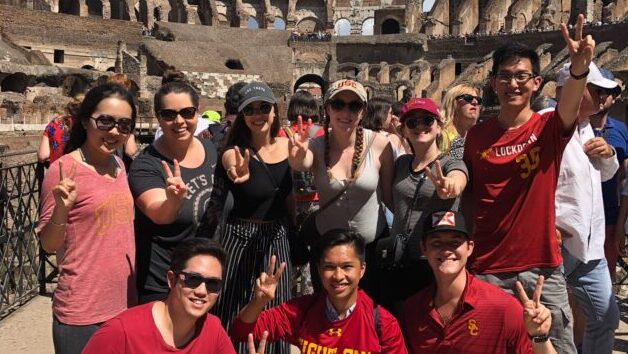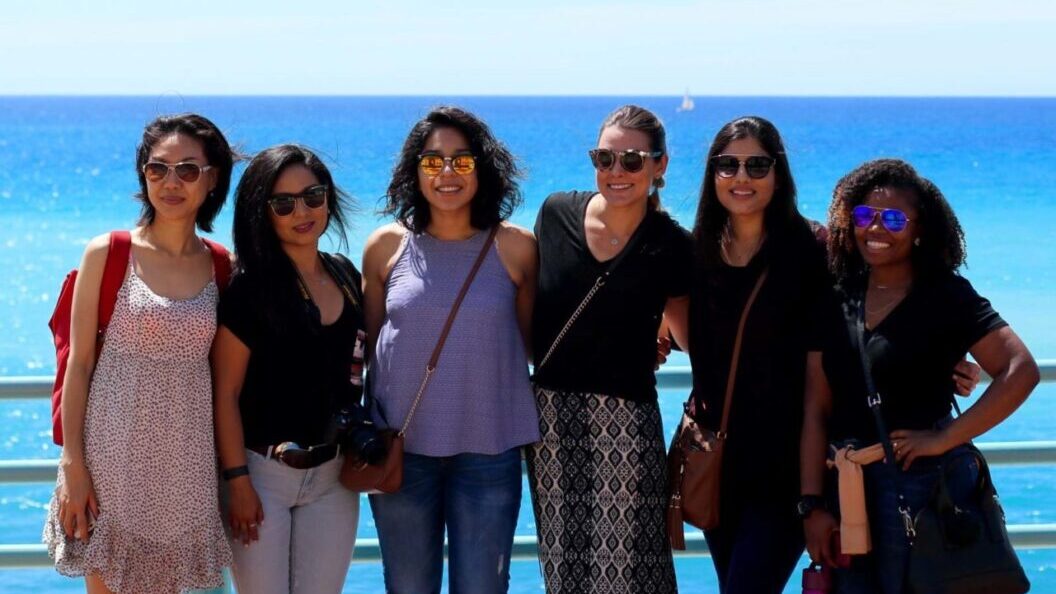Every summer, students from the USC Leonard Davis School and across the university will travel across the world to explore aging! Course topics range from how nutrition and food culture affect longevity to how psychology changes with aging and how death customs and ceremonies vary throughout ancient and modern societies. Want to join students on these exciting and educational adventures? Courses are available to outside individuals (requires enrolling as a limited-status student).
Complete the Study Abroad Interest form to learn more about how to participate in one of our study abroad programs.







